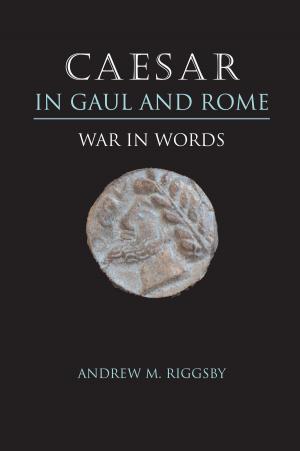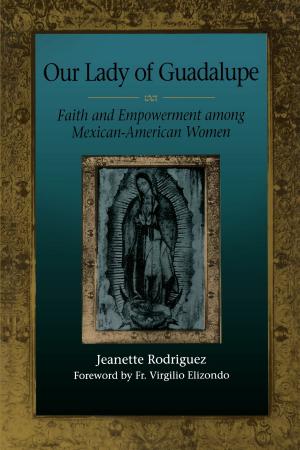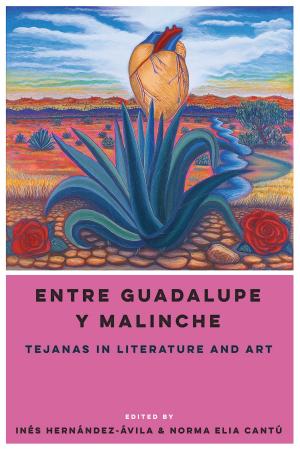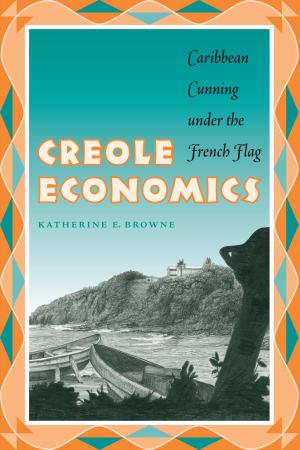The Chilean Senate
Internal Distribution of Influence
Nonfiction, Social & Cultural Studies, Political Science, International| Author: | Weston H. Agor | ISBN: | 9780292772076 |
| Publisher: | University of Texas Press | Publication: | June 30, 2014 |
| Imprint: | University of Texas Press | Language: | English |
| Author: | Weston H. Agor |
| ISBN: | 9780292772076 |
| Publisher: | University of Texas Press |
| Publication: | June 30, 2014 |
| Imprint: | University of Texas Press |
| Language: | English |
Weston Agor’s carefully documented analysis of the organization and workings of the Chilean Senate is the first of its kind and fills a long-standing need in the comparative study of the internal structure of legislative bodies. Making eclectic use of role, power, and exchange theories, Agor bases his discussion on personal interviews with senators and staff as well as on extensive observation of the Senate in action during 1967–1968. He also analyzes in detail relevant documents, committee reports, and floor debates. Focused primarily on the formal decision-making structure within the Senate and on internal norms, both formal and informal, that hold that structure together, Agor’s study fruitfully compares the Chilean Senate with its peers, including the United States Senate, to which it bears surprising resemblance in form and function. Agor examines the role of compromise and informal rules of the game in achieving a majority vote in the Senate, the power of committees and committee presidents, and political party control over Senate members. The influence of the executive, particularly in the passage of executive legislation, and its effect on the Senate’s internal system of checks and balances—both stated and understood—are examined in terms of their effect on the political strength of the Senate. The Chilean Senate, unlike its counterparts in most other “developing countries,” has exercised genuine and effective influence in the national political system. In an epilogue to this study, Agor views events since 1968, including the election of Allende, that affected the future role of the Senate in Chilean politics.
Weston Agor’s carefully documented analysis of the organization and workings of the Chilean Senate is the first of its kind and fills a long-standing need in the comparative study of the internal structure of legislative bodies. Making eclectic use of role, power, and exchange theories, Agor bases his discussion on personal interviews with senators and staff as well as on extensive observation of the Senate in action during 1967–1968. He also analyzes in detail relevant documents, committee reports, and floor debates. Focused primarily on the formal decision-making structure within the Senate and on internal norms, both formal and informal, that hold that structure together, Agor’s study fruitfully compares the Chilean Senate with its peers, including the United States Senate, to which it bears surprising resemblance in form and function. Agor examines the role of compromise and informal rules of the game in achieving a majority vote in the Senate, the power of committees and committee presidents, and political party control over Senate members. The influence of the executive, particularly in the passage of executive legislation, and its effect on the Senate’s internal system of checks and balances—both stated and understood—are examined in terms of their effect on the political strength of the Senate. The Chilean Senate, unlike its counterparts in most other “developing countries,” has exercised genuine and effective influence in the national political system. In an epilogue to this study, Agor views events since 1968, including the election of Allende, that affected the future role of the Senate in Chilean politics.















